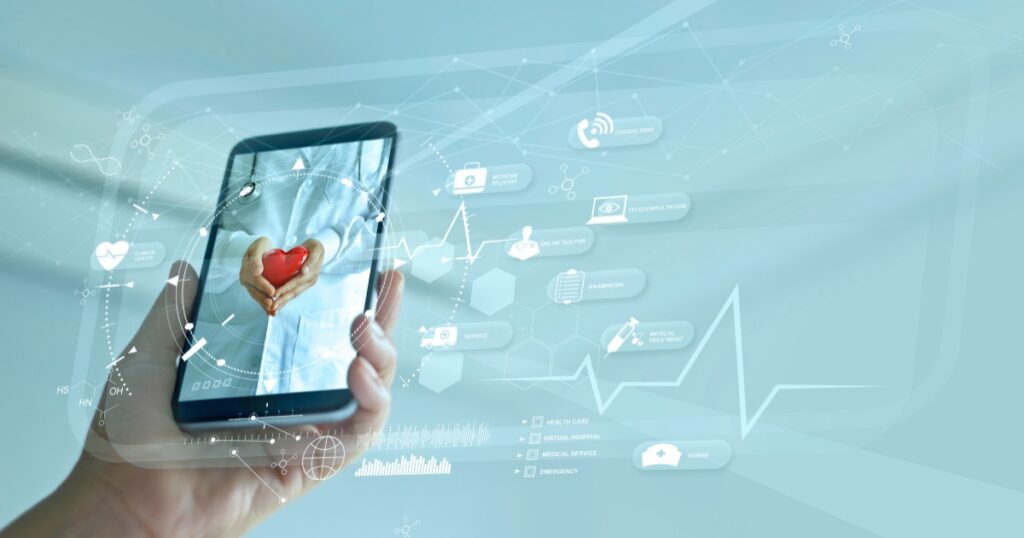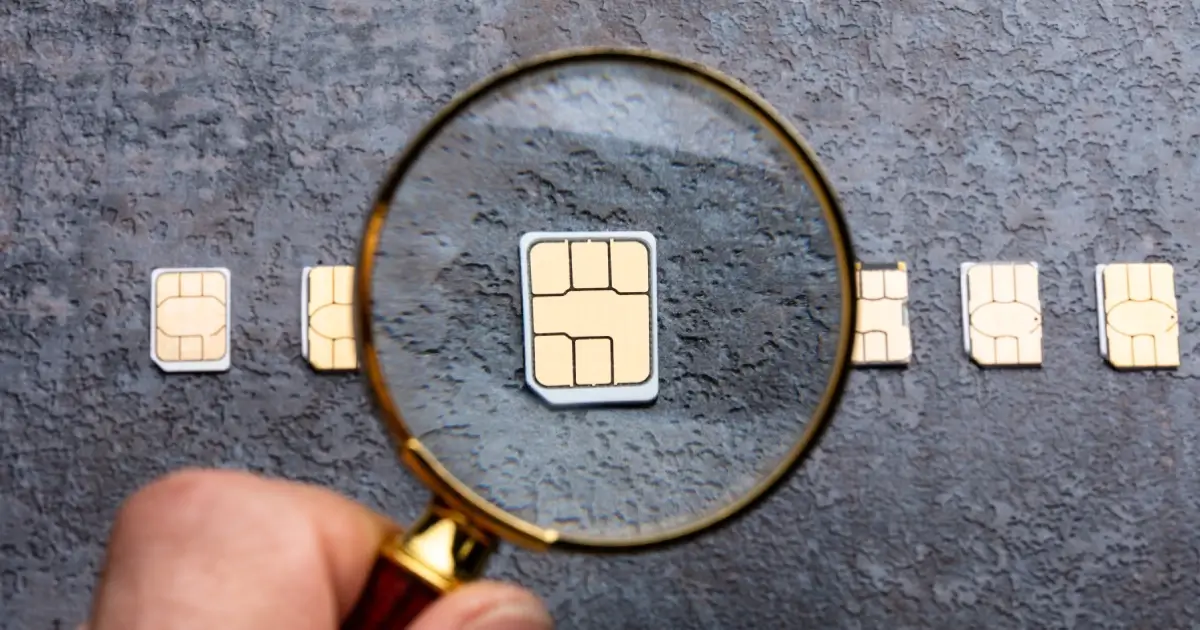Technology is evolving at an unprecedented rate. Healthcare organizations have so many opportunities to leverage new tech to help both staff and patients. While many hospitals and healthcare institutions have embraced emerging tech, there are some who are still left in the dark.
Mobile technology, specifically, is one technological innovation that has transformed the healthcare industry in recent years. Some examples of mobile technology in healthcare include the use of smartphones and tablets, mobile apps, wearables, and other portable devices.
This blog post explores how healthcare organizations can rise to the challenge of leveraging mobile technology in the industry.
What is Mobile Technology in Healthcare?
Mobile technology refers to the use of personal mobile devices, such as smartphones, tablets, and wearables, to enhance healthcare service delivery. The use of mobile technology in healthcare has various benefits. They include:
- Improving patient outcomes
- Promoting patient engagement
- Reducing healthcare costs
- Enhancing the efficiency of healthcare delivery
Advantages of Mobile Technology in Healthcare
The use of mobile technology in healthcare contributes to faster and more accurate diagnosis of health conditions, improving patient outcomes. Patients can self-monitor their health conditions at home, reduce hospital admissions, and reduce the risk of rehospitalization using mobile technologies.
The use of mobile technology in healthcare has also improved overall patient satisfaction by enabling a better patient experience through telemonitoring and video consultations.
Impact of Mobile Technology in Healthcare
Mobile technology enables patients to become more engaged in their healthcare processes, making healthcare more patient-centric.
The use of mobile technology in healthcare has also made healthcare service delivery more efficient, thereby significantly reducing costs. Benefits include streamlined clinical workflows and improved coordination between primary care and specialist teams.
Importance of Mobile Technology in Healthcare
Healthcare organizations must embrace mobile technology to help improve patient outcomes, enhance patient engagement, reduce healthcare delivery costs, and make healthcare more efficient.
By fully embracing mobile technology, healthcare organizations can enhance communication between healthcare professionals, patients, and family members. The connections made possible with mobile technology improve the coordination of care.

Understanding the Challenges of Mobile Technology in Healthcare
The use of mobile technology in healthcare comes with its own set of challenges. One of the most significant challenges is ensuring the security of patient data and adhering to regulatory requirements.
Healthcare providers must identify and mitigate any risks associated with the use of mobile technology in healthcare to avoid issues such as data breaches. They must also take HIPAA compliance into account as a top priority.
Adopting a Mobile-First Mindset
Healthcare providers need to adopt a mobile-first mindset to deliver quality healthcare services. This means that they must prioritize the development of mobile applications and services. Why? Because mobile technology is more accessible to patients than traditional healthcare services.
Fostering a Culture of Innovation
To leverage the benefits of mobile technology in healthcare, healthcare providers must foster a culture of innovation. Organizations can encourage their employees to adopt new technologies, processes, and business models to improve outcomes.
This can enable healthcare providers to gain a competitive advantage and be more responsive to changing patient needs.
Decision-makers can leverage successful case studies to help their colleagues understand how mobile technology can be used to improve care and maintain HIPAA compliance.
Ensuring Seamless Integration with Existing Infrastructure
Mobile technology solutions must be seamlessly integrated with existing healthcare systems in order to deliver the best patient outcomes. Healthcare providers need a connected environment, pairing their mobile technology solutions with electronic health records, patient monitoring devices, and other healthcare technologies.
This will lead to a more efficient and unified healthcare system.
Consider NUU Enterprise for Your Mobile Technology in Healthcare Needs
As the demand for mobile technology in healthcare continues to grow, healthcare providers must adapt to stay competitive. This means embracing the future of mobile technology in healthcare by investing in new technologies and services.
Healthcare providers must work with technology vendors to develop new solutions, ensure regulatory compliance, and provide patients with secure and reliable healthcare services.
At NUU Enterprise, we pride ourselves on our work with the healthcare industry. We are fully HIPPA compliant, so you can feel confident and secure partnering with us.
Healthcare organizations should continue to leverage mobile technology to provide effective and efficient healthcare service delivery. With mobile technology and trusted partners at their fingertips, healthcare professionals can provide better care to patients while improving overall patient outcomes.



